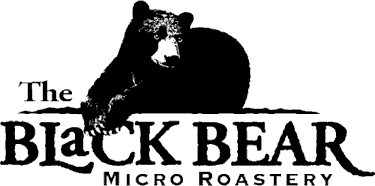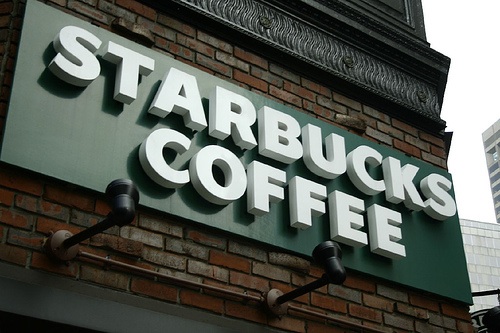This article deals with something near and dear to most start-up owners’ hearts: Starbucks. It also deals with something else that should be near and dear to all start-up owners’ hearts: trademarks.
Long story short, Starbucks (as we all know) is a famous brand, and it owns hundreds of federal trademark registrations for its name, logos and products (including nine for Frappuccino® alone). Wolfe’s Borough Coffee is a New Hampshire “Micro Roastery” that started packing and selling coffee under the names CHARBUCKS BLEND, MR. CHARBUCKS, and MISTER CHARBUCKS back in 1997.

In response, Starbucks did what any good brand owner would do–it sent a cease-and-desist letter, and responded to Wolfe’s Borough Coffee’s cavalier rebuke with a lawsuit for trademark dilution (again, long story short, “famous” trademarks enjoy greater protection than ordinary trademarks, and the appropriate claim is for dilution instead of ordinary infringement).
Fourteen short years later, Starbucks lost. Focusing on the graphic imagery and additional context provided on the CHARBUCKS packaging, a federal judge held that it did not engender a sufficient “association” to merit a finding of trademark dilution.
Interestingly, the judge discounted several factors that weighed in Starbucks’ favor–including Starbucks’ exclusivity and Wolfe’s Borough Coffee’s acknowledgement that they were intentionally playing off of the Starbucks name (if “parody” comes to mind, the parody defense doesn’t apply when you play off of someone else’s trademark to sell your own goods or services).
In addition, while apparently not put into evidence by Starbucks’ attorneys, Wolfe’s Borough Coffee’s website actually offers “Charbucks Blend” coffee under a plain-text link, without the additional context relied on in the judge’s decision.

Does this mean that business owners have free reign to start intentionally playing off of famous brands? Certainly not. For one, this is the opinion of one federal judge (albeit in a very high-profile case), and I would not be surprised to see the decision overturned. For another, the decision isn’t likely to stop famous brand owners from taking steps to protect their trademarks anytime soon. Finally, consider whether it really worth years of litigation to try to profit off of someone else’s hard-earned reputation.
The better course is to do the research to select an original, unique and protectable brand that can differentiate your offering in the marketplace. This builds value instead of inviting litigation, and will help put you on course become a force to be reckoned with.
This article is provided for informational purposes only, and does not constitute legal advice.
Image courtesy of blackbearcoffee.com






